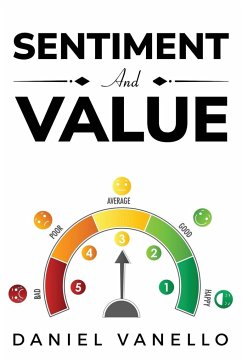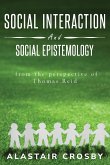In this thesis I argue that the affective component of emotional experience plays an essential explanatory role in the acquisition of evaluative knowledge. I call this the notion of affect as a disclosure of value. The thesis is divided into two parts. In the first part I critically asses three contemporary accounts which, I argue, are motivated either implicitly or explicitly by the notion of affect as a disclosure of value. I argue that all three accounts fail due to the theoretical assumptions they inherit from the respective underlying theories of perceptual experience they rely on to theorise the relation between affect and evaluation in emotional experience. Nevertheless, out of the critical assessment I extract three criteria that an account of affect as a disclosure of value ought to satisfy and I clarify the theoretical positions that we ought to avoid. In the second part of the thesis I build on these three criteria to provide an account of affect as a disclosure of value. I argue that at the core of this account is the constitutive thesis that the formation of rationally intelligible motivational states towards an object is constitutive of the disclosure of value. I then argue that a defence of the constitutive thesis commits us to a response-dependent notion of the objectivity of value of the sort defended by David Wiggins and John McDowell. Finally, I rely on the work of John Campbell to clarify both the sort of evaluative knowledge at stake and the role of affect in its acquisition. I argue that the sort of knowledge at stake is the sort that grounds our evaluative concepts and affect provides us with the epistemic access to the evaluative concepts' semantic value.







